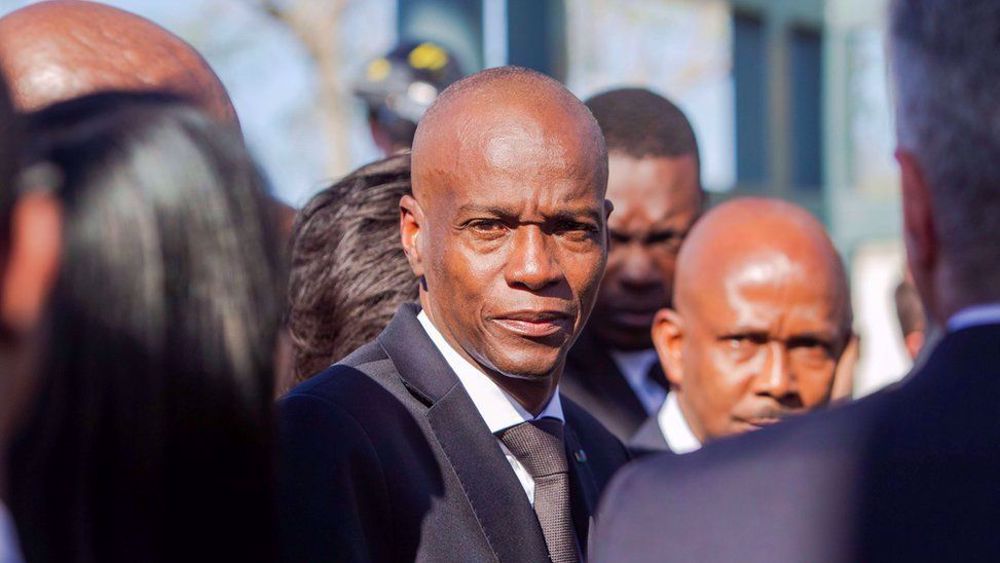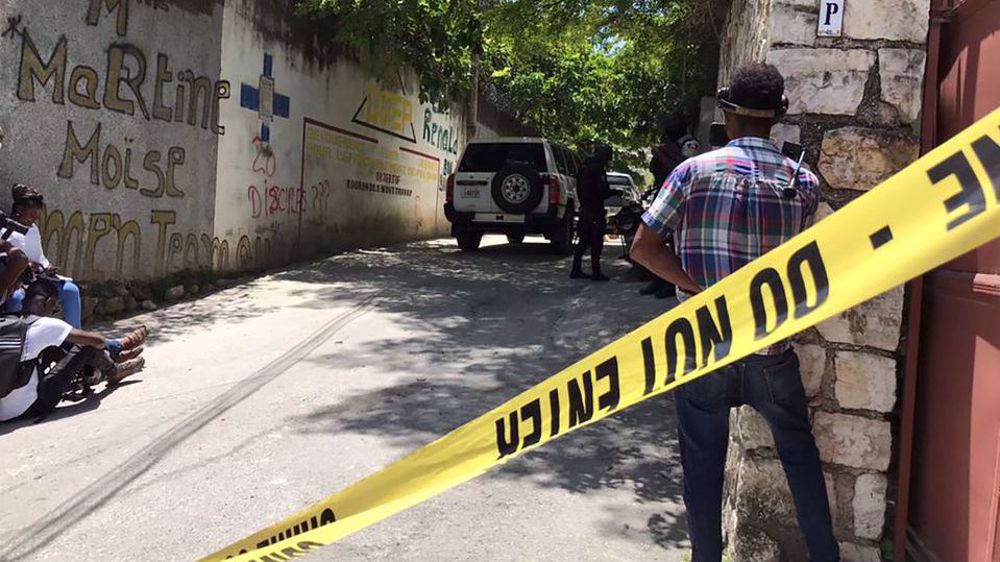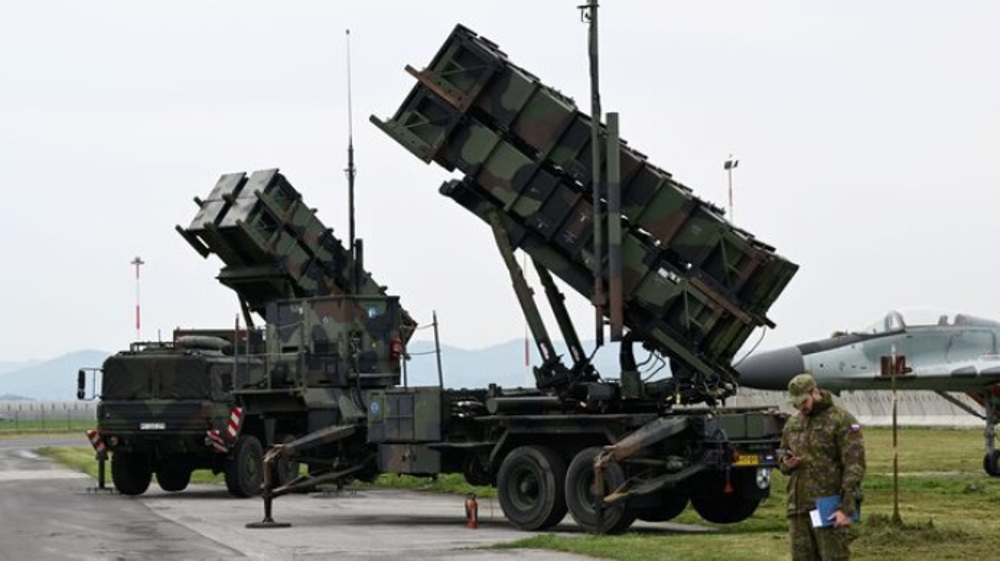Haiti assassination suspects trained by US military: Pentagon
Suspects linked to the assassination of Haitian President Jovenel Moïse received American military training, according to the Pentagon, raising fresh questions about Washington’s ties to Moïse’s death.
The Pentagon said on Thursday that some of the former Colombian servicemen arrested after last week’s assassination were trained by the US military, The Washington Post reported.
Pentagon spokesman Lt. Col. Ken Hoffman said in a statement to the Post, a review of its training databases indicated that a "small number of the Colombian individuals detained as part of this investigation had participated in past U.S. military training and education programs, while serving as active members of the Colombian Military Forces."
He added that the Pentagon’s review is ongoing, but he did not provide further details nor he revealed how many of the suspects received training.
“This illustrates that while we want our training of foreign armies to build professionalism and respect for human rights, the training is only as good as the institution itself,” Leahy said.
“The Colombian army, which we have supported for 20 years, has a long history of targeting civilians, violating the laws of war and not being accountable. There has been a cultural problem within that institution.”
According to Colombian officials, 13 of 15 Colombian suspects in the July 7 assassination plot once served in that country’s military, including the two killed by Haitian authorities after Moïse was shot dead inside his home.
Later on, Haitian authorities said the operation involved at least 28 people, many of them Colombian mercenaries, who were hired through a Florida-based security company.
According to another recent report, several of the people suspected of involvement in the assassination worked as US government informants.
Citing people briefed on an investigation into the killing, CNN reported this week that US investigators were grappling with an increasing number of Florida links to the hit squad that killed President Moise at his private residence in the capital, Port-au-Prince.
The US Drug Enforcement Administration (DEA) admitted in a statement that at least one of the suspects “was a confidential source to the DEA.”
Other suspects also had US ties, including as informants for the FBI, according to the sources.
The FBI merely said it uses “lawful sources to collect intelligence.”
On Sunday, the White House sent a delegation of law enforcement and national security officials to Haiti, where they met with government and police officials. They also met with political leaders, including interim Prime Minister Claude Joseph, who has now taken control of the country, and Senate President Joseph Lambert.
Azerbaijan president meets top Israeli lobby group leadership during visit to US
Israeli settlers kill 19-year-old Palestinian man in West Bank raid
Israel installed, managed security system at Barak-Epstein New York flat: Report
Iran deplores Israel’s new land grab scheme in West Bank
VIDEO | Vienna holds conference dubbed 'Iranian-Islamic Civilization, Identity and Historical Splendor'
VIDEO | Press TV's news headlines
Journalist Tucker Carlson says he was detained in occupied territories after interview with US amb.
VIDEO | Is there any hope for Russia-Germany relations?











 This makes it easy to access the Press TV website
This makes it easy to access the Press TV website